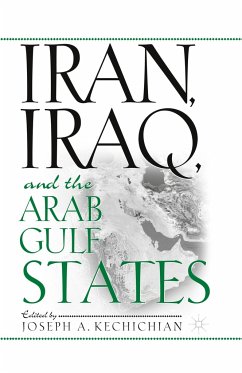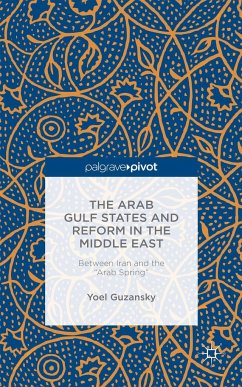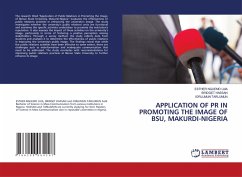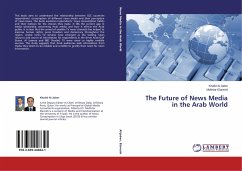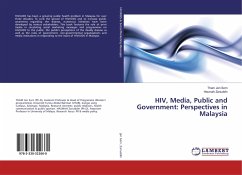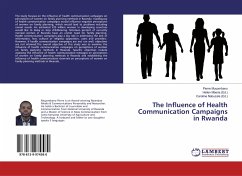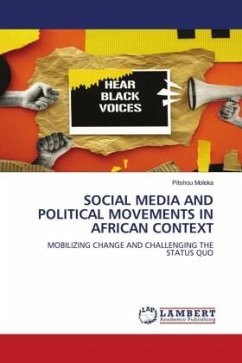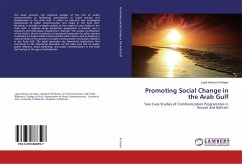
Promoting Social Change in the Arab Gulf
Two Case Studies of Communication Programmes in Kuwait and Bahrain
Versandkostenfrei!
Versandfertig in 6-10 Tagen
39,99 €
inkl. MwSt.

PAYBACK Punkte
20 °P sammeln!
The book presents rich empirical analysis of the role of public communication in facilitating participation in social change and development in the Arab Gulf. It offers an historical and sociological background of public communication and media in the Arab Gulf. Moreover, it provides in-depth analysis of two empirical case studies in the Arab Gulf: a national drugs prevention programme in Kuwait, and a voluntary anti-child abuse programme in Bahrain. The unique contribution of this work is that it introduces a theoretical framework for other scholars to develop an Arabic public communication e...
The book presents rich empirical analysis of the role of public communication in facilitating participation in social change and development in the Arab Gulf. It offers an historical and sociological background of public communication and media in the Arab Gulf. Moreover, it provides in-depth analysis of two empirical case studies in the Arab Gulf: a national drugs prevention programme in Kuwait, and a voluntary anti-child abuse programme in Bahrain. The unique contribution of this work is that it introduces a theoretical framework for other scholars to develop an Arabic public communication ethics theory and to build up a cultural model of the practice of public communication and public relations in the Arab Gulf. The book generates key theoretical implications that contribute to the theoretical discussion on the value and role of media, public relations, social marketing, and public communication in the Arab Gulf society at the age of globalisation



